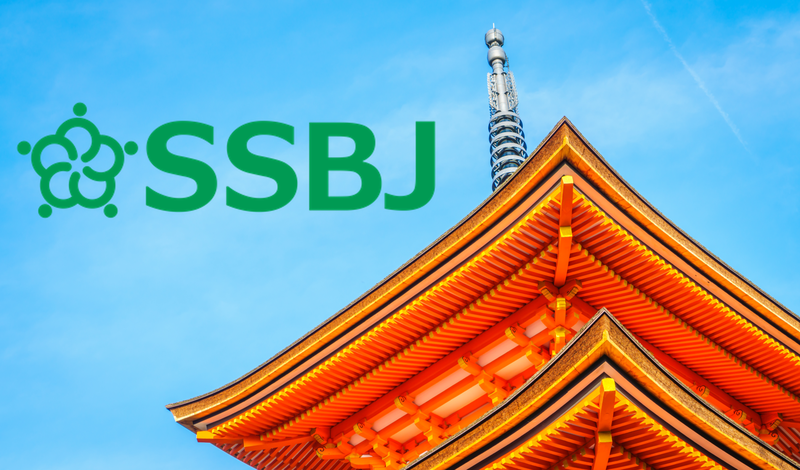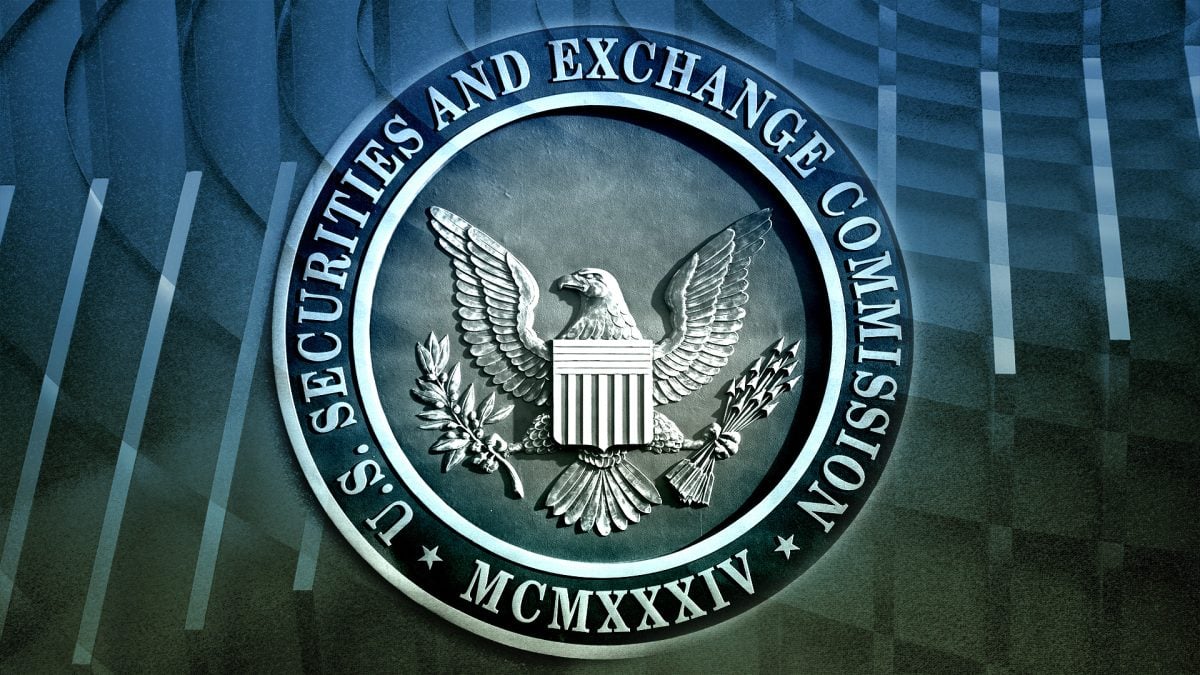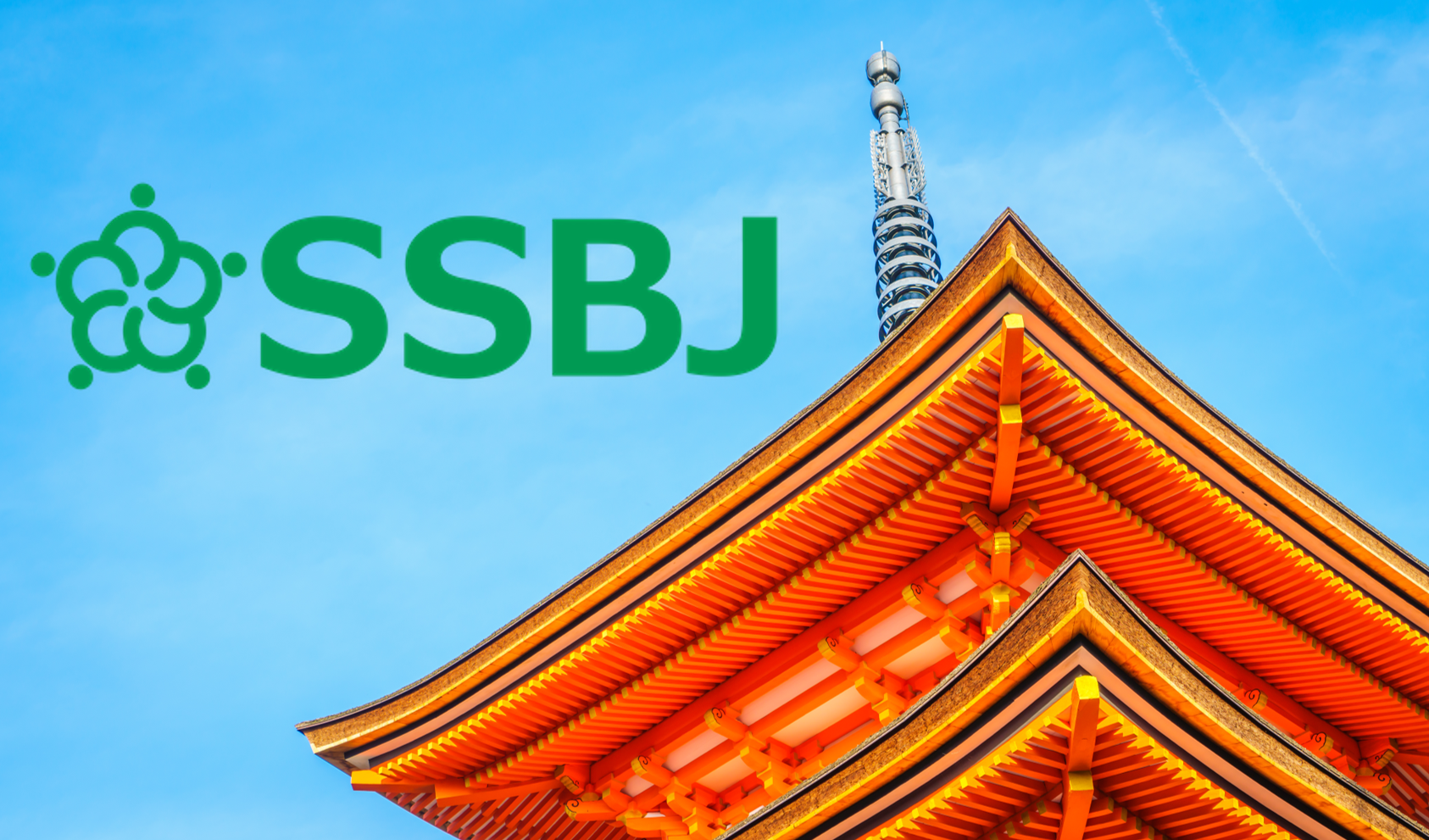Japan Unveils Proposed IFRS-Based Sustainability Reporting Standards

The Sustainability Standards Board of Japan (SSBJ) unveiled the publication of new exposure drafts for proposed standards. These standards are aimed at companies to report sustainability and climate-related information. They are formulated based on the recently released sustainability disclosure standards by the IFRS Foundation’s International Sustainability Standards Board (ISSB).
The release of the exposure drafts signifies the latest development in a series of measures that could lead to Japanese listed companies being subject to mandatory standardized sustainability-related disclosure requirements. In recent years, regulators and exchanges in Japan have progressively raised the bar for sustainability disclosure by companies. For instance, in 2021, the Tokyo Stock Exchange revised the corporate governance code. This revision mandates prime market-listed companies to commence providing climate-related disclosures based on the TCFD recommendations. Additionally, they must report on sustainability initiatives on a ‘comply-or-explain’ basis. Furthermore, last year, the Financial Services Agency (FSA) introduced rules requiring all listed companies to include a section on sustainability-related information in their annual filings. This section must cover governance, risk management, strategy, as well as indicators and targets.
The ISSB was inaugurated in November 2021 at the COP26 climate conference. Its objective was to develop IFRS Sustainability Disclosure Standards. This initiative was spurred by demands from investors, companies, governments, and regulators. They sought to establish a global baseline of disclosure requirements to ensure a consistent comprehension of the impact of sustainability risks and opportunities on companies’ prospects.
In June 2023, the IFRS released the inaugural general sustainability (IFRS S1) and climate (IFRS S2) reporting standards. Subsequently, in July, IOSCO, the primary international policy forum and standards setter for securities regulators, urged regulators to integrate these standards into their sustainability reporting regulatory frameworks.
The SSBJ was established in 2022 within Japan’s Financial Accounting Standards Foundation (FASF). Its purpose is to formulate sustainability reporting standards, aligning with a legal framework to be established by the FSA. Additionally, it aims to contribute to international sustainability reporting standards, following the establishment of the ISSB.
According to the SSBJ, the new exposure drafts were created with the expectation that reporting based on sustainability-related disclosure standards will eventually become compulsory in Japan.
The latest proposals from SSBJ closely mirror the sustainability and climate reporting standards set by ISSB. However, SSBJ introduces a few jurisdiction-specific options for companies to utilise. Unlike ISSB's two standards, SSBJ released the standards as three exposure drafts. This division includes an "Application of the Sustainability Disclosure Standards" draft and a "General Standards" draft, encompassing the 'core content' section of IFRS S1. SSBJ has provided a summary outlining the variances between its exposure drafts and the ISSB standards.
SSBJ has announced that it is seeking feedback on the drafts. Previously, it stated its intention to release finalised sustainability reporting standards by the end of March 2025.
Yasunobu Kawanishi, Chair of the SSBJ, expressed appreciation to all those who contributed to the swift development of the Exposure Drafts. He noted that the drafts encompass all requirements outlined in IFRS S1 and IFRS S2, with additional jurisdiction-specific options available for entities to consider. Kawanishi highlighted the importance of hearing the perspectives of market participants, especially regarding the necessity of these jurisdiction-specific options.



